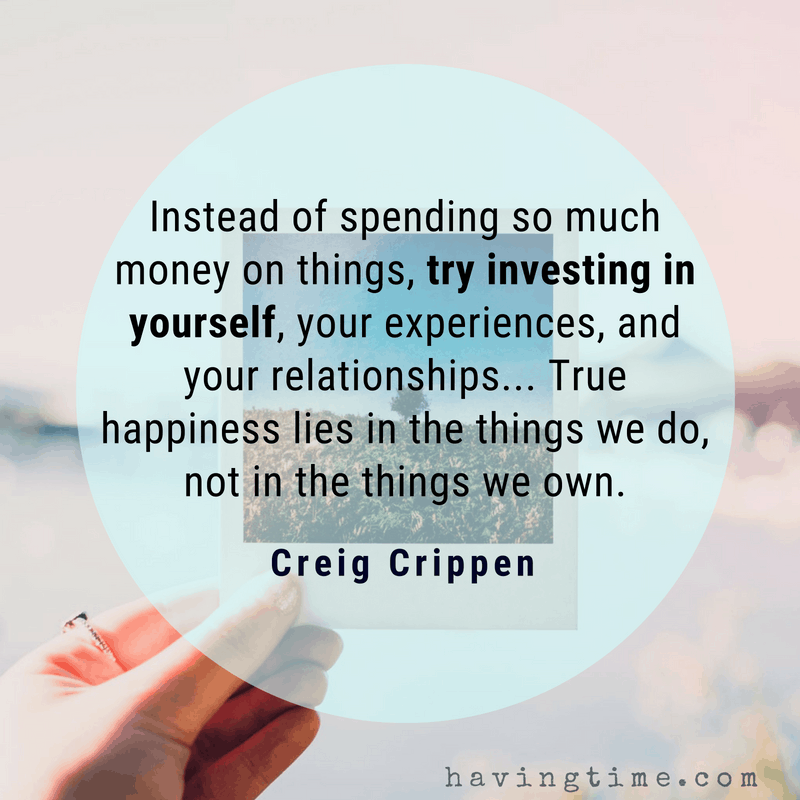Our twenties often feel challenging and like it’s the final stage of growing up. You’re hit with the brunt of new responsibilities, mental growth, and emotional development. This can have an enormous influence on your mind and mental state. Most people aren’t ready for this, which is why there are some negative things that accompany this period. Here are some reasons why depression is so hard to deal with in your twenties.

Why is depression so hard in your twenties?
Depression is hard to deal with at any age. There are a bunch of reasons you could find yourself taken over by it. People often talk about how hormones influence teenagers and lead them to issues such as depression, but the truth is that those hormones and thoughts don’t magically go away when you get older, not even when you reach your late twenties.
This period is understandably difficult. You’ve already reached full adulthood and you might feel more grounded and settled in with your life. People often see this as a positive part of growing up, but there are many problems that come along with it.
You will very likely have a bunch of obligations and responsibilities that limit your free time during this period. All of the things you wanted to do suddenly become a lot less attainable when half of your day is spent on chores and work. This can make it seem like the fun and adventurous part of life is over.
Friendships wither away
Our late teens and early twenties are an extremely social period. You will meet hundreds of new potential friends and they will come and go every other day. It’s a dynamic environment which can bring excitement and new ideas regularly.
University and graduate school programs allow you to meet other impressionable young adults and work towards your life-long goals. Once you’re done with education, people move on to work on their careers.

A couple of years pass and you find yourself with a much less dynamic social network.
Not all of the friends you made at university are interested in chatting or going out. Your circle of friends might be a bit smaller than you remember. However, this might not be the right way to look at it.
Instead of thinking about the size of your circle of friends, try to focus on the quality.
As you get older, you can figure out who is truly close to you and shares your values. You’ll find a lot less casual friends because you’ve weeded out those that you don’t truly enjoy spending time with.
Young, but not young enough
Dealing with issues of inadequacy is much easier in your early twenties. After all, you’re still pretty young and there’s a whole life ahead of you. This mentality changes when people hit their late twenties for some reason. They feel that they aren’t all that young, but they’re still classified as young adults.
This can lead to some immense feelings of inadequacy. You might feel like you haven’t achieved anything of worth, despite the fact that you’re working towards your goals. This will lead you to a very depressing mentality that could negatively influence your life. There are a lot of positive behavior strategies for young adults that can help you overcome these feelings.
There’s often an emphasis on how young you really are. Life is a very dynamic thing and you never know what kind of positive chances are right around the corner as long as you’re looking for them.
Comparing yourself to others
One of the most common traps people fall into is comparisons. Sometimes, you might not feel satisfied with the way things have turned out. These are normal feelings. However, comparing yourself and your life to someone else will only amplify those feelings.
It’s a very common way to feel bad about yourself. You measure your worth by what others can achieve. However, this is the worst possible way to go about these feelings. The only person you can measure yourself up with – is yourself.
If it seems like others are handling their adult responsibilities in a better way, why should that affect you?
The way you handle your life is your own personal challenge. There are countless factors that influence every individual and you don’t know where others are lacking. Instead of thinking about their success, start thinking about your own personal goals.

“The twenties is the age when people usually experiment with a lot of things. Be it a career, traveling, or even relationships. Comparing your life to your peer’s can be devastating. It may seem like they have everything that you don’t have.
Avoid comparing your present life with that of your peers. Comparing isn’t going to make your depression go away. It only adds extra guilt and stress which may worsen your present depression. Rather focus on your life. Seek help and try your best to put effort to move away from depression. That should be your aim.
Accept the fact that you are suffering from depression. Depression takes time to cure. Be patient. Do not fight your thoughts, rather accept it and try to deal with it with the help of meds and counselors.
Understand depression itself. Understanding what problems you are facing is 50% of the battle fought with depression. Constantly remind yourself that it’s just a temporary phase and you will eventually be fine!”- the source
photo source | pexels

